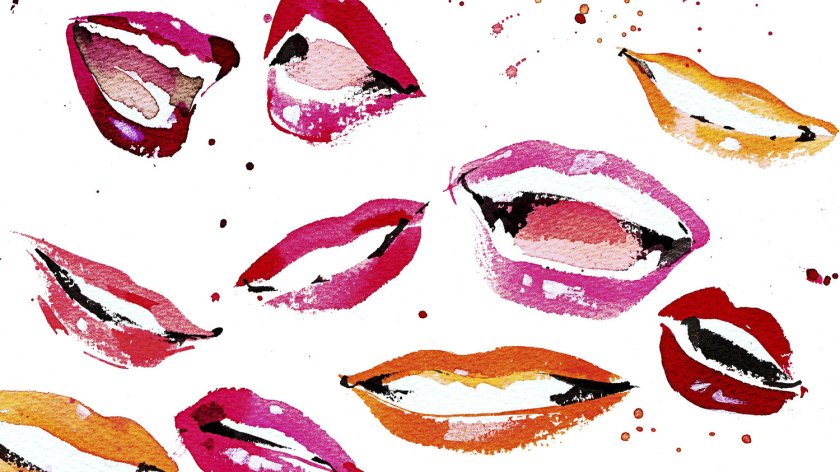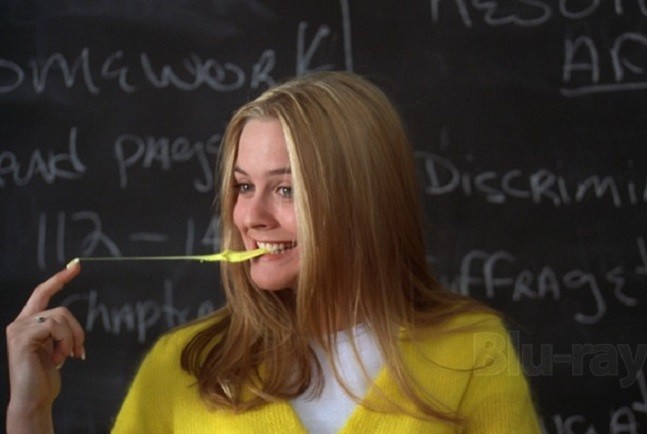
Have you ever been talking to someone and thought they had the most irritating voice? “Vocal fry” is a tone of voice many English speakers have adopted. It can typically be heard at the end of sentences, resulting in a statement that sounds like a question. How did this phenomenon come to be? According to the article The Linguistic Phenomenon Du Jour: Vocal Fry, by Veronique Greenwood, vocal fry is “a low, rumbling creak that has been captured in voice recordings going back to the early part of last century.” To many people’s ears, it may make an individual sound less intelligent. So how did this come to be?
Many people may not realize they are speaking in this tone. When it comes to “upspeak” (aka vocal fry) in relation to one’s career, does it have the potential to hurt it? In an interview with Terry Gross on NPR, Jessica Grose said a man she was interviewing told her she sounded like his granddaughter. She stated, “That was the first moment I felt [my voice] was hurting my career beyond just irritating a couple listeners.” It comes to the point in which vocal fry or “upspeak” may make someone sound unprofessional.
On the other hand, others argue individuals should not have to change their voices to better suite society. A lot of the blame of this way of talking is targeted towards women. Many seem to judge a woman if she speaks in this tone, whereas the argument arises that men are not criticized. In the past few years, “valley girls” and “socialites” have been accused of using upseak whereas men have been disregarded in relation to the topic. Grose states in her interview, “And it makes me angry, first of all, because the biggest users of vocal fry traditionally have been men, and it still is; men in the U.K, for instance. And it’s considered kind of a sign of hyper-masculinity…and by the same token, uptalk, it’s clear that in some people’s voices that has really become a style, but it has been around forever, and people use it stylistically in a variety of ways — both men and women.” The question still exists as to “why is this tone of voice associated with stupidity or lack of confidence among women?”

In our class Intro to Anthropology, we have discussed vocal fry and its effect on society when reviewing the topic of linguistics. Many find it common upon younger generations and typically girls, and they are being made fun of for it. Although it is irritating to listen to, should we really judge someone based on his or her voice, whether it is intentional or not? Or should we try to eliminate this way of speaking that has come about in the last century, manipulating the way we perceive individuals that speak like this? In my opinion, these are two valid opposing viewpoints.
References:
You have a good point. I have heard people talk with kind of an annoying voice but I think we should not judge them for the way they speak because if we were put in their shoes we would not like it very much. We should accept it and just let them talk the way they want because who are we to judge someone who is a little different.
LikeLike